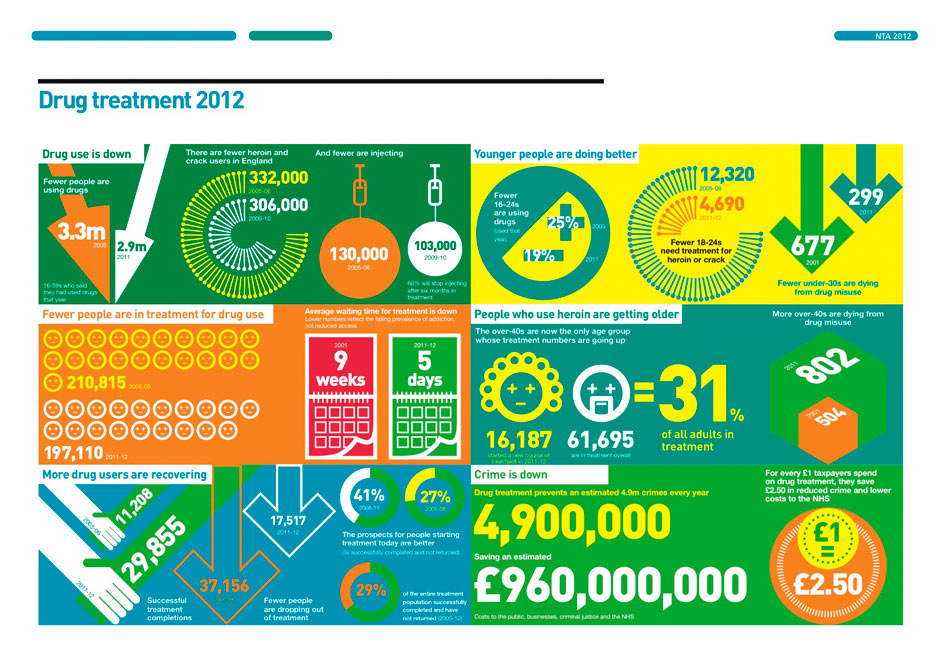Overcoming Shame And Shame In Drug Rehabilitation: Smashing The Stigma
Overcoming Shame And Shame In Drug Rehabilitation: Smashing The Stigma
Blog Article
Produced By-Bishop Jokumsen
You're not alone in the battles you deal with, and attending to the preconception surrounding shame and sense of guilt in Drug rehab is the very first step towards recovering your life. By checking out the origins of these emotions and learning to navigate them in a helpful setting, you can pave the way for true healing and development. Stay tuned to uncover just how damaging without the weight of embarassment and shame can open a course to self-acceptance and a future full of pledge and positivity.
The Effect of Pity and Shame
Experiencing shame and shame can dramatically prevent your progress in Drug rehabilitation by creating obstacles to self-acceptance and recovery. When you lug the weight of embarassment for past actions or sense of guilt for the effect of your dependency on loved ones, it can be testing to move forward. These emotions might cause reduced self-worth, making it challenging to rely on your capability to change and recuperate.
Pity and guilt can additionally fuel adverse thought patterns, reinforcing the idea that you're unworthy of help or redemption. This can avoid you from totally participating in the recovery procedure and looking for assistance when required. The worry of judgment from others or the anxiety of encountering your own emotions might lead you to stay clear of necessary conversations or therapy sessions.
Recognizing and dealing with these feelings is critical for your recovery journey. By resolving your embarassment and regret in a safe and encouraging environment, you can begin to cultivate self-compassion and forgiveness. This shift in state of mind can equip you to welcome the recovery process with a newfound feeling of hope and decision.
Techniques for Healing and Improvement
To promote your recovery and transformation in Drug rehabilitation, implementing reliable methods is key. One critical strategy is to actively take part in therapy sessions. By taking part wholeheartedly in specific and group treatment, you can attend to underlying problems, discover dealing mechanisms, and get assistance from specialists and peers.
An additional important strategy is to focus on self-care. This includes obtaining enough rest, eating nourishing meals, and engaging in physical activities that promote wellness. Furthermore, exercising mindfulness and reflection can help you remain existing and take care of food cravings or activates properly.
Setting realistic goals and celebrating tiny triumphes along the way can also contribute substantially to your recovery trip. By breaking down your recovery procedure into manageable steps, you can maintain motivation and track your progress.
Furthermore, bordering on your own with a favorable support group of friends, family, or fellow people in recovery can supply encouragement and responsibility. Bear in mind, each person's path to healing is one-of-a-kind, so it's vital to locate techniques that reverberate with you directly and adjust them as needed to cultivate enduring change.
Accepting a Life of Sobriety
Welcome soberness as a new phase in your life, filled with chances for development and gratification. Making the decision to live a sober life is a brave step in the direction of a brighter future. By choosing sobriety, you're choosing to prioritize your health and redeem control over your life. https://blogfreely.net/gertha42crystle/the-role-of-drug-rehab-is-necessary-in-paving-the-way-for-a-brighter-future may seem daunting initially, but bear in mind that daily sober is a day of progress and stamina.
As you accept soberness, surround on your own with helpful and understanding individuals that uplift and encourage you on this journey. Engage in activities that bring you joy and gratification, aiding you rediscover the beauty of life without substances. Accepting a life of soberness isn't about deprival but concerning empowerment. visit their website opens doors to new possibilities and permits you to connect with your authentic self.
Commemorate each milestone in the process, no matter how little, as they represent your durability and decision. Remember, soberness is a gift you give on your own, leading to a life full of clearness, function, and countless potential.
Verdict
Finally, breaking the stigma surrounding pity and regret in Drug rehabilitation is crucial for individual growth and healing. By addressing these emotions head-on, exercising self-care, and accepting soberness as a courageous option, individuals can change their lives and discover happiness and purpose.
With a positive support system and a dedication to self-improvement, getting rid of pity and shame paves the way for empowerment and a fulfilling, sober future.
